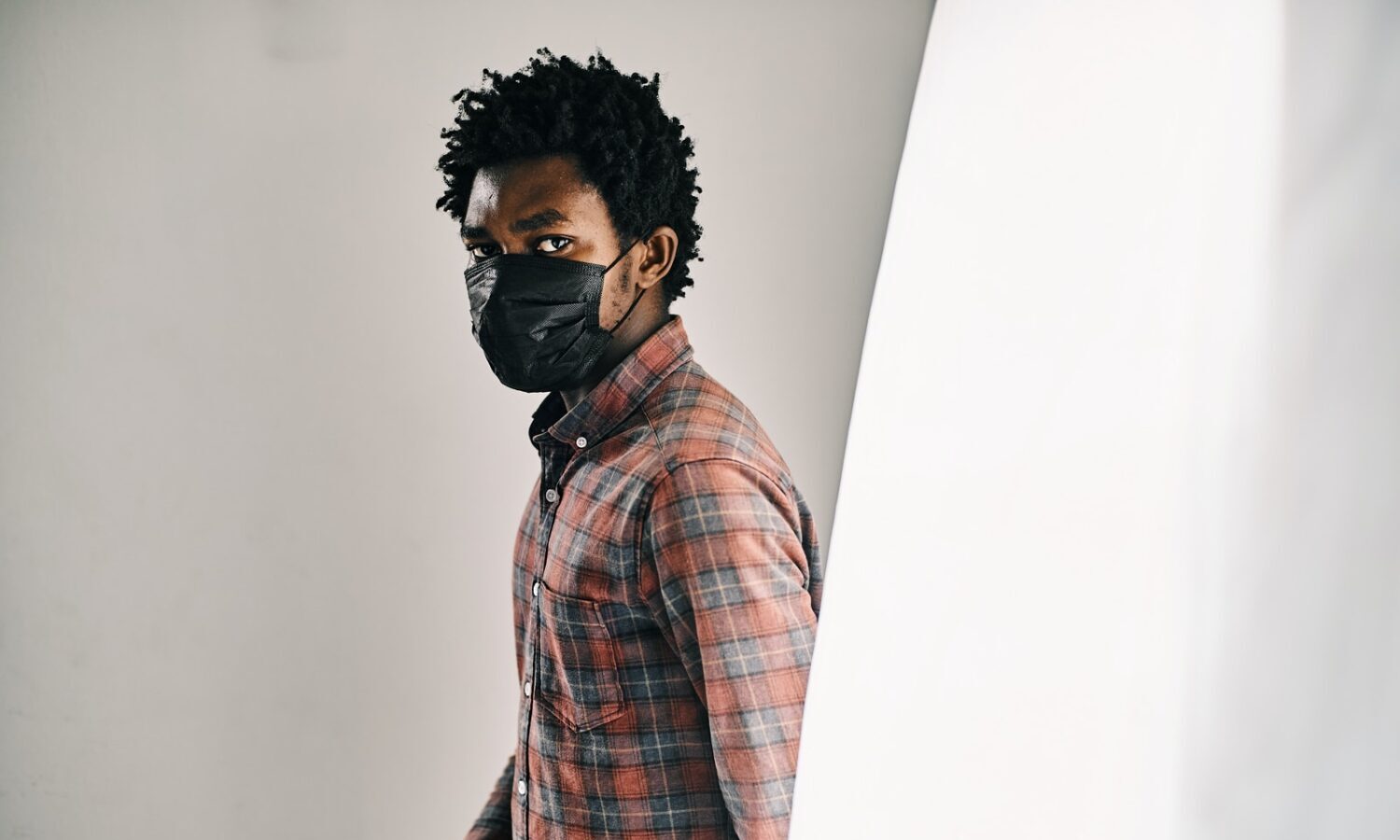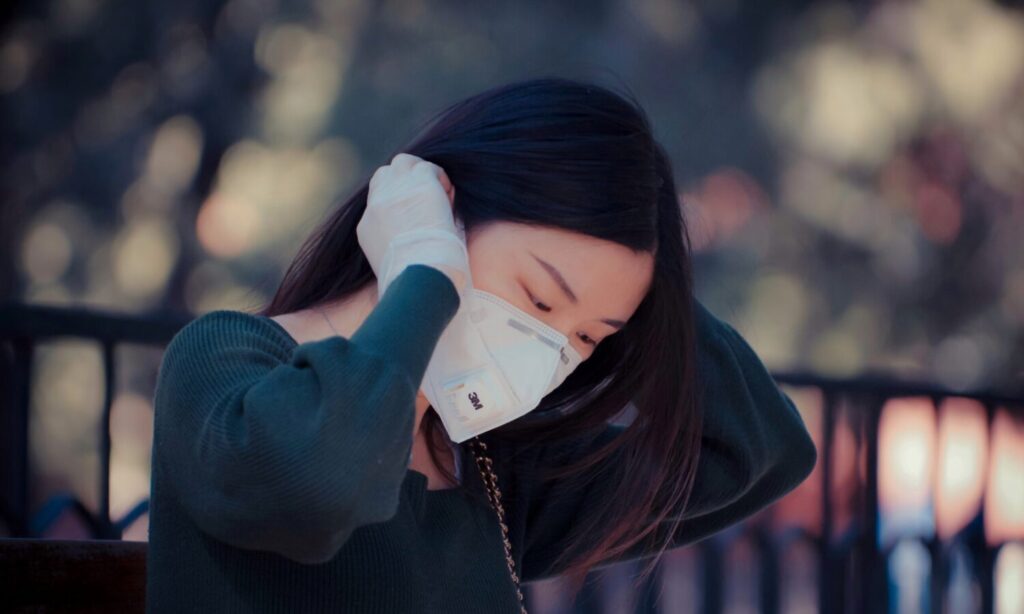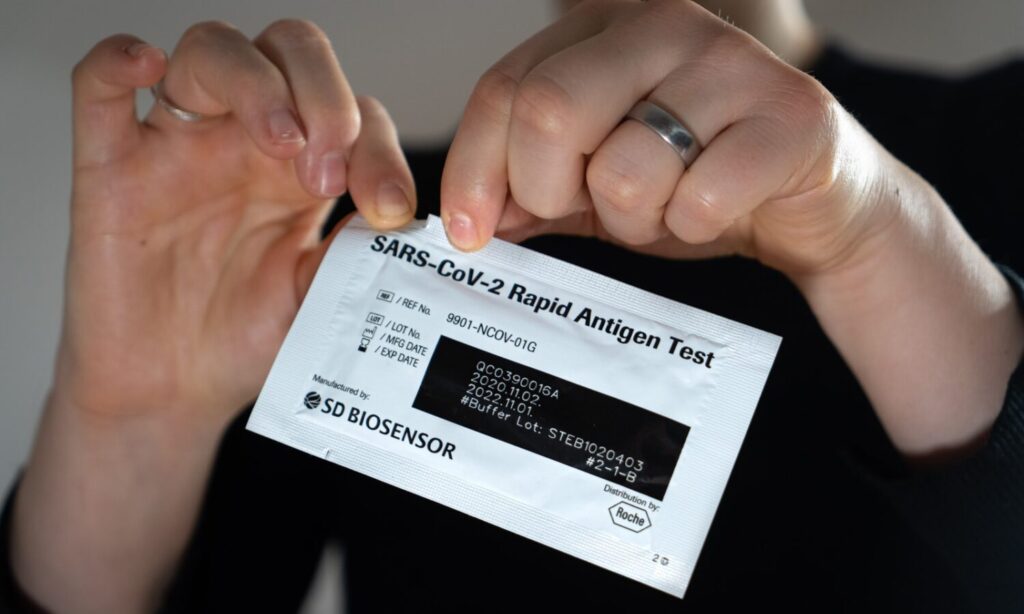
In partnership with The Fresh Toast
Data on the Omicron variant of COVID-19 suggests people become infectious earlier on.
Since the pandemic started, one of the most important questions scientists tried to determine is the moment when infected people become contagious with COVID-19. While all variants work similarly, there are small differences.
In the case of Omicron, a variant that’s vastly contagious, scientists have been gathering evidence over the past months to provide an answer, suggesting that people become contagious earlier than in previous variants.
RELATED: Taking An At-Home COVID-19 Test? Doing This Might Increase Accuracy

“As we’ve seen these new variants develop – delta, now omicron – what we’re seeing is everything gets sped up from a COVID perspective,” Chicago Department of Public Health Commissioner Dr. Allison Arwady told NBC. “It is taking less time from when someone is exposed to COVID to potentially develop infection. It is taking less time to develop symptoms, it is taking less time that someone may be infectious and it is, for many people, taking less time to recover. A lot of that is because many more people are vaccinated.”
According to the Centers for Disease Control and Prevention (CDC), people infected with COVID-19 become contagious days before and after their symptoms first appear. In the case of Omicron, AP News reports that this occurs earlier due to the variant causing symptoms sooner than previous versions of the virus. This might also be one of the reasons why the variant is so contagious.
Data suggests that Omicron prompts symptoms three days after infection. This could mean that people could be contagious as soon as a day after they were infected by the virus. In previous variants of COVID-19, people were contagious two to four days after they were first infected.
Once people are contagious, their tests are more likely to come back positive, presenting the chance to catch infections earlier on.

Dr. Amy Karger, from the University of Minnesota Medical School, spoke with AP News and suggested people test themselves on days three and five after exposure. “A lot of people are turning positive by day three. There’s basically an opportunity here to catch people earlier than you would with the other variants.”
RELATED: What Is Flurona And Why Is Everyone Talking About It?
If you’re experiencing symptoms of COVID-19, you should get tested as soon as possible. If you think you were exposed, days three and five after exposure make for great times for testing, providing you with a chance to catch the virus earlier on and prevent its spread.
Read more on The Fresh Toast
Advertising disclosure: We may receive compensation for some of the links in our stories. Thank you for supporting LA Weekly and our advertisers.
